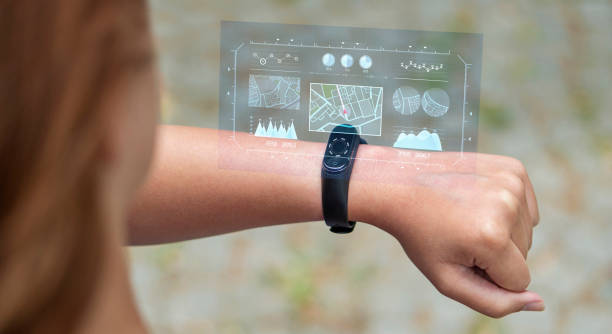The advent of smart home technology is reshaping not only how we live but also how we assess property values and manage insurance needs. As homes become increasingly equipped with devices that enhance convenience, security, and energy efficiency, the implications for mortgage valuation and insurance policies are profound. Let’s explore how smart home technology is influencing these key areas in the real estate market.
Table of Contents
ToggleUnderstanding Smart Home Technology
Smart home technology encompasses a wide range of devices and systems that automate and enhance home functions. From smart thermostats and security cameras to integrated lighting systems and voice-activated assistants, these technologies provide homeowners with improved control over their living environments. As these features become standard in modern homes, their impact on property valuation and insurance is gaining attention.
The Influence on Mortgage Valuation
- Enhanced Property Value: Homes equipped with smart technology can command higher market prices. Features such as energy-efficient appliances, smart security systems, and automated climate control not only make a property more appealing to buyers but also contribute to its overall value. Appraisers are increasingly considering these upgrades when determining property worth, recognizing that smart technology can lead to long-term savings and increased comfort for homeowners.
- Market Demand Shifts: As consumers become more aware of the benefits of smart home technology, demand for such features in new properties is rising. This trend affects mortgage valuations, as properties with advanced technology may see quicker sales and potentially higher appraisals. Consequently, lenders may adjust their criteria and valuation models to account for the added value of smart home features.
- Potential for Future Upgrades: When evaluating a mortgage, lenders are also considering the potential for future upgrades. A home that can easily accommodate additional smart technology or integration into existing systems may be viewed as more desirable. This forward-thinking approach can positively influence the appraisal process, leading to more favorable mortgage terms for buyers.
Implications for Insurance Needs
- Risk Assessment Changes: The incorporation of smart home technology can alter how insurance providers assess risk. For instance, homes equipped with smart security systems may be less susceptible to burglary, potentially lowering homeowners’ insurance premiums. Conversely, new technologies may also introduce unique risks that insurers need to account for, such as data breaches or technology malfunctions.
- Tailored Insurance Policies: As smart home features diversify, insurers are starting to offer tailored policies that cater specifically to the needs of tech-savvy homeowners. Policies might now include coverage for smart devices, cybersecurity protection, and warranties for equipment failure. This shift enables homeowners to better protect their investments while encouraging the adoption of innovative technologies.
- Potential Discounts for Smart Features: Many insurance companies are beginning to offer discounts for homes with certain smart technologies. For example, homes with smart smoke detectors or leak detection systems may qualify for lower premiums due to their ability to mitigate damage and reduce the risk of significant claims. This incentive not only benefits homeowners financially but also encourages the implementation of safety-enhancing technology.
Challenges and Considerations
While the impact of smart home technology on mortgage valuation and insurance needs is largely positive, challenges remain. Not all smart devices are created equal, and their value can vary significantly. Homeowners must ensure that their investments in smart technology are recognized by appraisers and insurers.
Additionally, as technology evolves, so do the risks associated with it. Insurers and lenders will need to stay abreast of advancements to adequately assess their implications for property value and risk management.
Conclusion
Smart home technology is revolutionizing the real estate landscape, influencing both mortgage valuation and insurance needs in significant ways. As homeowners increasingly embrace these innovations, lenders and insurers are adapting their approaches to reflect the changing market dynamics. By recognizing the value of smart technology and its impact on safety and efficiency, all stakeholders can benefit from a more informed and responsive approach to homeownership. Embracing this evolution not only enhances property value but also fosters a more secure and sustainable living environment for everyone.

